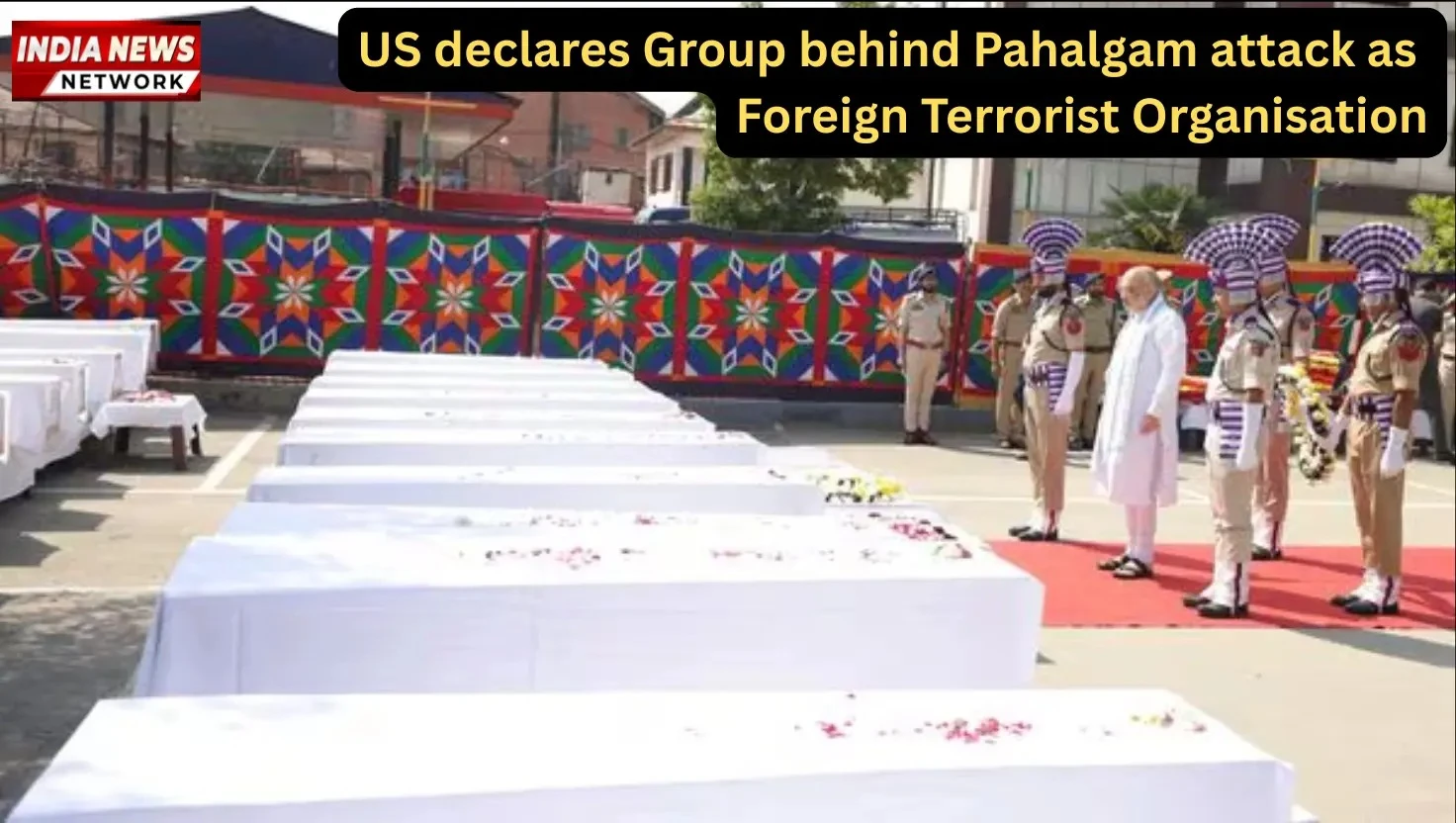India at the forefront: Navigating geoeconomic challenges in the new era

EAM S Jaishankar speaks at the 8th Asia Economic Dialogue held in Pune 0n February 29, 2024.
India needs to transition towards a developed economy and a global leadership role, EAM Jaishankar says
India needs to move across a broad front of domains that all contribute to comprehensive national power, External Affairs Minister S Jaishankar has said while presenting a compelling vision for India's role in tackling the pressing geoeconomic challenges of our time.
Addressing a distinguished audience of policymakers, experts, and students at the prestigious 8th Asia Economic Dialogue held in Pune on February 29, 2024, EAM Jaishankar said India needs to build deep national strengths that will drive the transition towards a developed economy and a leading power.
The Global Challenges Triad
EAM Jaishankar summed up the critical junctures at which the global economy finds itself today, driven by the complexities of supply chains, technological advancements, and the shadows of market dominance.
He outlined three predominant challenges that encapsulate the current geo-economic landscape.
The first challenge revolves around the global supply chain's vulnerability, that arises from a particular economic hardwiring created by the globalization era. "Whether it is finished products, intermediates or components, the world is dangerously dependent on a limited number of suppliers," he noted.
"How to introduce greater resilience and reliability is today central to de-risking the global economy," he remarked.
The technology challenge stands as the second pillar, with the digital revolution transforming every facet of our lives, EAM Jaishankar stated. "The digital era has given it an altogether different connotation because it is so intrusive. It is not just our interests that are at stake but often the most personal of our decisions and choices. Such an era demands more trust and transparency," he explained.
Lastly, he spoke about the challenge of market over-concentration and dominance, often heightened by unpredictability and opaqueness. "We discovered this most sharply during the Covid period. But from time to time, we are also reminded when market dominance is weaponized," EAM Jaishankar pointed out.
He went on to say that this is particularly serious for the Global South, given the extent of dependence. The pandemic served as a stark reminder of these vulnerabilities, particularly affecting nations in the Global South with their significant reliance on global supply chains. This aspect underlines the urgency for a more equitable global market structure, EAM Jaishankar said.
Greater International Cooperation Needed
"There are no easy answers, nor indeed a limited number of them. To create a more safe, secure and cooperative world, we clearly need greater international cooperation," EAM Jaishankar emphasized.
For India, this means moving across a broad front of domains that all contribute to comprehensive national power, he pointed out. “It requires a massive upgrade of our skills base. It suggests an environment that promotes skills and talent. It will benefit from easier to do business and a modern infrastructure. But most of all, it demands robust manufacturing that alone can provide the foundation for technology development,” he stated.
As the country positions itself to become the third-largest economy by the decade's end, EAM Jaishankar emphasized that India’s goals and ambitions cannot be determined by the goodwill of others. “We must build deep national strengths during the Amrit Kaal that will drive the transition towards a developed economy and a leading power,” he asserted.
He reiterated the Modi government's vision of leveraging the current era, termed as 'Amrit Kaal,' to transition towards a developed economy and a global leadership role.
The speech resonated particularly well in Pune, a city with a rich industrial legacy, where the audience was well-placed to appreciate the government's ambitious initiatives and programs designed to catalyse India's economic and technological ascent.
EAM Jaishankar's address at the Asia Economic Dialogue 2024 not only highlighted the intricate web of geoeconomic challenges but also charted a course for India's proactive engagement in shaping a resilient, secure, and cooperative global economic order. The journey ahead is fraught with complexities, but with strategic vision and international collaboration, a path to a more equitable and prosperous global economy is within reach.

Reliance Retail acquires Kelvinator, The Coolest One
Reliance Retail has purchased the Kelvinator brand from Electrolux for nearly ₹160 crore, aiming to strengthen its position in India's consumer durables market.
| 2025-07-19

Saiyyara has shattered every myth about launching newcomers. No big names, no big PR
Madhur Bhandarkar praises debut film 'Saiyaara' for its raw talent and storytelling, marking a shift in Bollywood's approach to newcomers.
| 2025-07-19

US declares Group behind Pahalgam attack as Foreign Terrorist Organisation
China urges enhanced counter-terrorism cooperation after the US designates The Resistance Front as a foreign terrorist organisation linked to the Pahalgam attack.
| 2025-07-19

India slams reports blaming pilots for Air India crash
India's AAIB disputes US media assertions regarding Air India AI 171 crash, highlighting ongoing investigation and sensitivity towards victims' families.
| 2025-07-18

India Secures Four-Wicket Win in ODI Series Opener Against England
India achieves a four-wicket victory over England in the ODI series opener, led by Deepti Sharma's unbeaten 62 runs.
| 2025-07-17




